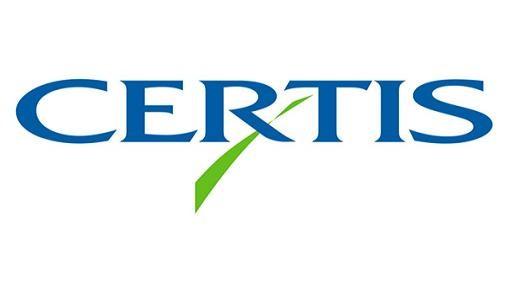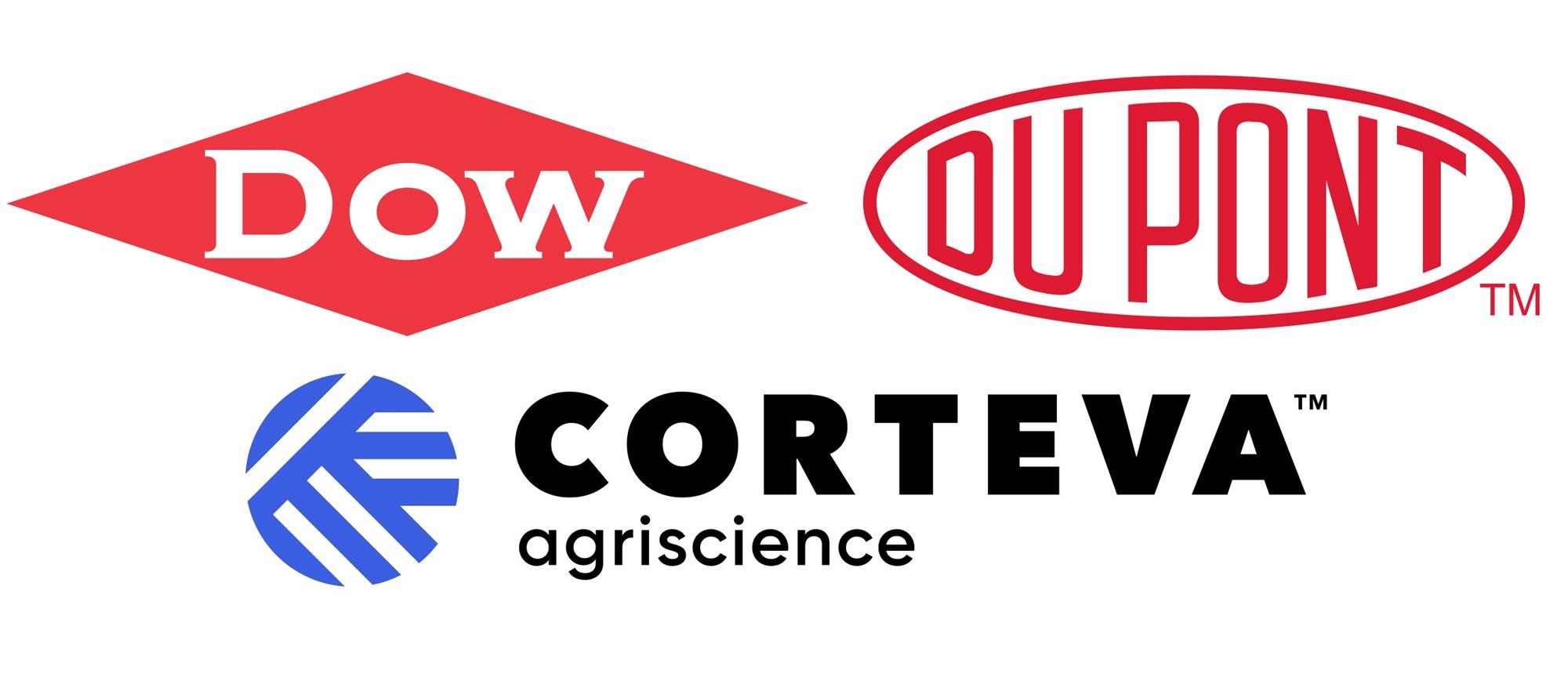 In December
2019, the far flung Certis AgriScience operation of
Japan’s industrial conglomerate Mitsui & Company Ltd. acquired agriculture
technology Belchim Crop
Protection NV/SA. The deal is still unfolding in two step
process that is expected to be completed in early 2021. In the end, Mitsui’s Certis group will have
an inroad into Europe’s crop protection market.
In December
2019, the far flung Certis AgriScience operation of
Japan’s industrial conglomerate Mitsui & Company Ltd. acquired agriculture
technology Belchim Crop
Protection NV/SA. The deal is still unfolding in two step
process that is expected to be completed in early 2021. In the end, Mitsui’s Certis group will have
an inroad into Europe’s crop protection market.
Certis already
has a broad line of biopesticide products for specialty agriculture products as
well as home and garden applications.
The product line was built on the fermentation technology bought in the
2001 acquisition of Thermo Trilogy as well as the 2017 deal for LAM
International and its fungus-based biological pesticides based. Broadening its portfolio with Belchim’s
innovations is expected to strengthen the Mitsui-Certis market position in a
market that is keen on adopting biopesticides. Pests are less likely to develop
resistance for biologically based controls than complex synthetic chemistries
 In February
2019, India’s UPL Limited
acquired Arysta LifeScience, Inc. for $4.2 billion in cash. UPL offers solutions to farmers, including
both conventional and bio-based pesticides and fertilizers. Based on Connecticut Arysta has developed a
portfolio of chemical and biological crop protection products for all phases of
the crop cycle from seed to harvest.
Arysta also sells plants and seeds for its home base in North America.
In February
2019, India’s UPL Limited
acquired Arysta LifeScience, Inc. for $4.2 billion in cash. UPL offers solutions to farmers, including
both conventional and bio-based pesticides and fertilizers. Based on Connecticut Arysta has developed a
portfolio of chemical and biological crop protection products for all phases of
the crop cycle from seed to harvest.
Arysta also sells plants and seeds for its home base in North America.
UPL appeared to
be primarily motivated to get a better foothold in markets outside India as
well as to burnish its image as a well diversified agriculture company. UPL, of course, had its beginning in chemical
fertilizer and was previously known a United Phosphorous. Arysta has given UPL the chance to embark on
a new branding effort called OpenAg
with claims to sustainability and environmental responsibility.
Although it was
a deal completed some years back the 2012 acquisition of AgraQuest, Inc. for
$425 million in cash has been an important driver of Bayer’s (BAYN: DE)
CropScience subsidiary.
At the time CropScience was already a worldwide organization with a
broad portfolio of crop protection, pest control, seeds, and crop trait products. However, AgraQuest jump-started Bayer’s
biological technology with a line of biopesticides. AgraQuest is focused on natural products for
pest control and yield enhancement. Bayer calls ‘low chemistry’, which may be
another way of describing products that succeed in growing food crops without
killing something else like humans or animals.
AgraQuest’s flagship product, Serenade, is a fungicide based on a strain
of bacillus subtilis. It serves as an effective antimicrobial for
vegetable, fruit and nut crops, delivering results for growers without putting
organic status in jeopardy.

AgraQuest
already had found a foothold in the agriculture markets of over two dozen
countries at the time of the deal. Since
then Bayer’s established sales organization and AgraQuest have been successful
in cross-selling a merged portfolio of conventional and ‘green’ crop
solutions. Bayer also folded AgraQuest’s
research and development effort into a new ‘biologics’ division that was headed
up by the former AgraQuest chief executive officer.
Patience is
advised for those investors who may miss the ‘pure plays’ of the Arysta
LifeSciences or Belchims of the world.
Strategic decisions by giants in the industry could put investors’
favorite agriculture stocks back into the market.

China National
Chemical Corporation or ChemChina (000553:
SZ) acquired the Swiss pesticide producer Syngenta in 2017 for $43
billion. At the time it was the largest
foreign acquisition of any China company.
The Swiss pesticide and seed company seemed like a good vehicle to
improve China’s domestic agriculture output.
Nonetheless, at the beginning of January 2020, ChemChina announced that
its agriculture assets will be consolidated into a new holding company along
with those of Sinochem (600500:
SS). Back under its old name of Syngenta
Group and the new entity could be re-financed and begin public trading as early
as mid 2020.
ChemChina had
not lost interest in Syngenta or its biologically based product line. Unfortunately, ChemChina has built up a heavy
debt load over the last several years.
Divestiture of the valuable agriculture assets provide a smart vehicle
to shore up ChemChina’s balance sheet.
The ChemChina
acquisition of Syngenta two years ago turned ChemChina into a truly global agriculture
player and served to give the somewhat stodgy agriculture industry a good
shake. The 2017 merger of Dow Chemical
and DuPont gave the industry another jolt.
However, the reorganization of the DowDuPont (DWDP: NYSE) assets is now is shaking loose a new Corteva Agriscience
operation composed of the crop protection and seed businesses of Dow Chemical
and DuPont.

Corteva began
trading under the ticker symbol CTVA in June 2019. It might be a newly formed company but its
product line is very much old school. As
a consequence Corteva has made a point to advertise its investments in
agricultural biological. For example, Corteva invested an undisclosed
sum into Lavie Bio,
a subsidiary of Evogene. Lavie Bio uses big data and informatics to
create microbiome-based products.
Corteva is one of four partners forming Evogene, including BASF, Bayer
and ICL.
Neither the author of the Small Cap Strategist web log,
Crystal Equity Research nor its affiliates have a beneficial interest in the
companies mentioned herein.
No comments:
Post a Comment